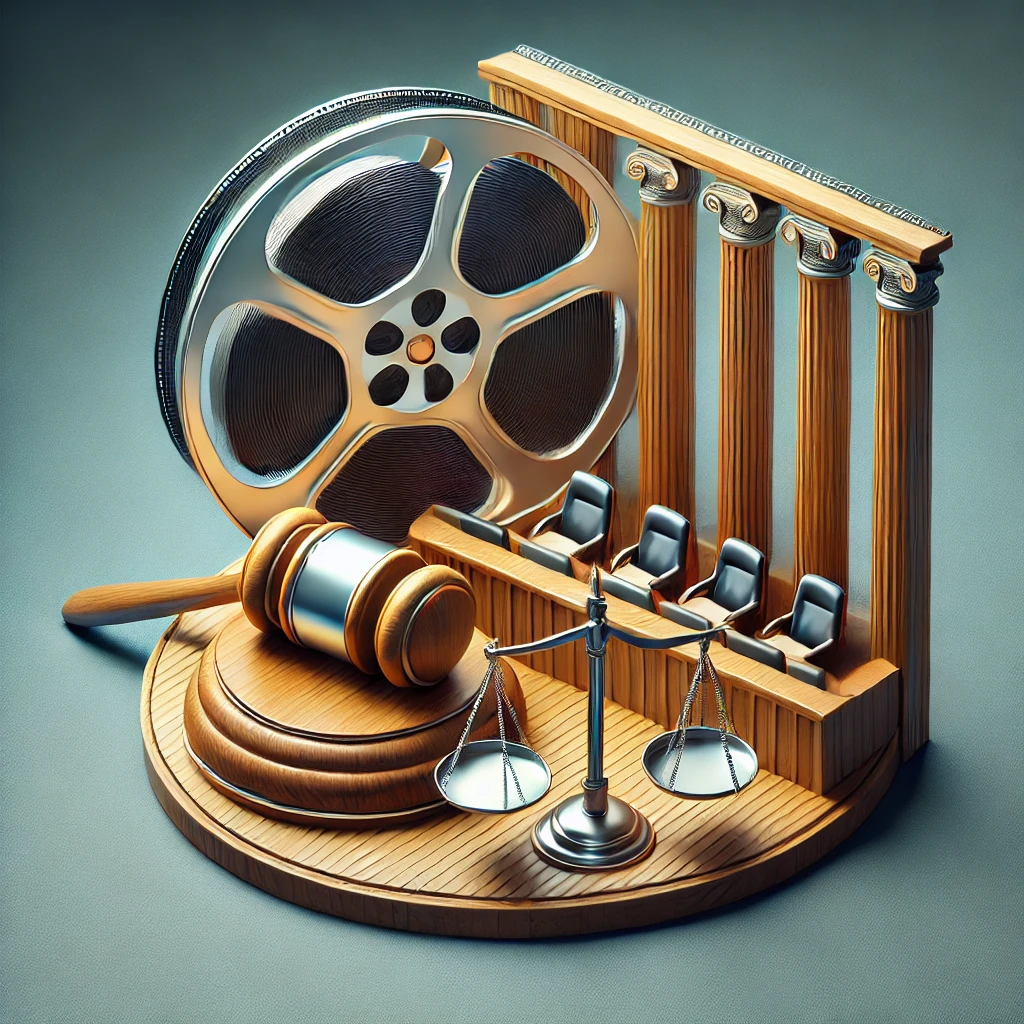Entertainment Law at Nigeria
Entertainment law in Nigeria encompasses a range of legal disciplines, including intellectual property rights, broadcasting regulations, and performance rights, all tailored to the unique dynamics of Nigeria's vibrant entertainment industry.
Key Legal Framework:
National Broadcasting Commission (NBC): Established under the National Broadcasting Commission Act, the NBC regulates the broadcasting industry in Nigeria. Its functions include granting licenses for radio and television stations, ensuring adherence to broadcasting standards, and promoting Nigerian indigenous cultures through broadcasting.
National Film and Video Censors Board (NFVCB): The NFVCB, created by the National Film and Video Censors Board Act, oversees the regulation of films and video content. It is responsible for classifying all films and videos, licensing exhibitors, and ensuring compliance with safety and content standards.
Copyright Act: This Act safeguards creative works, granting authors exclusive rights to their literary, musical, and artistic creations. It protects against unauthorized use, reproduction, or distribution of copyrighted materials, ensuring that creators can benefit financially from their work.
Trademarks Act: The Trademarks Act protects distinctive signs, logos, and symbols used in commerce. It prevents unauthorized use of registered trademarks, helping businesses and artists maintain brand identity and consumer trust.
Regulatory Authorities:
National Broadcasting Commission (NBC): As mentioned, the NBC regulates broadcasting standards, issues licenses, and ensures that broadcasters adhere to ethical and technical excellence.
National Film and Video Censors Board (NFVCB): The NFVCB classifies films and videos, licenses exhibitors, and enforces content regulations to maintain industry standards.
Legal Challenges in the Entertainment Industry:
The Nigerian entertainment sector faces several legal challenges, including:
Copyright and Piracy: Unauthorized use and distribution of creative works remain significant issues, impacting the revenue and recognition of artists.
Employment Law Issues: Matters such as workplace discrimination, harassment, and disputes over intellectual property ownership arising from employment are prevalent.
Contractual Issues: Disputes often arise from ambiguous contract terms, breaches, and disagreements over contractual obligations between artists and producers or labels.
Reputation and Defamation: Public figures are susceptible to defamation, which can harm their careers and personal lives. Legal recourse is essential to address false statements and protect reputations.
Compliance: Navigating the complex web of regulations, including obtaining necessary licenses and adhering to content standards, poses challenges for entertainment entities.
Recent Developments:
In 2024, Spotify significantly increased its royalty payouts to Nigerian artists, reflecting a growing global interest in African music. Nigerian artists received over 58 billion naira (about $38 million), more than double the previous year's earnings.
The Federal Competition and Consumer Protection Commission (FCCPC) sued MultiChoice Nigeria Limited over a price hike for pay-TV services, alleging non-compliance with regulatory directives.
Meta's Oversight Board addressed concerns over a viral video on Facebook that threatened LGBTQ+ individuals in Nigeria, highlighting challenges in content moderation within the country's legal context.
Professional Associations:
Nigerian Bar Association (NBA): The NBA plays a crucial role in promoting legal standards and ethics, including those pertinent to the entertainment industry.
Association of Nigerian Theatre Arts Practitioners (ANTP): This association advocates for the rights and interests of theatre practitioners, addressing legal and ethical issues within the performing arts sector.
For comprehensive guidance and legal assistance in navigating Nigeria's entertainment laws, consulting with specialized law firms or regulatory bodies is advisable.












comments